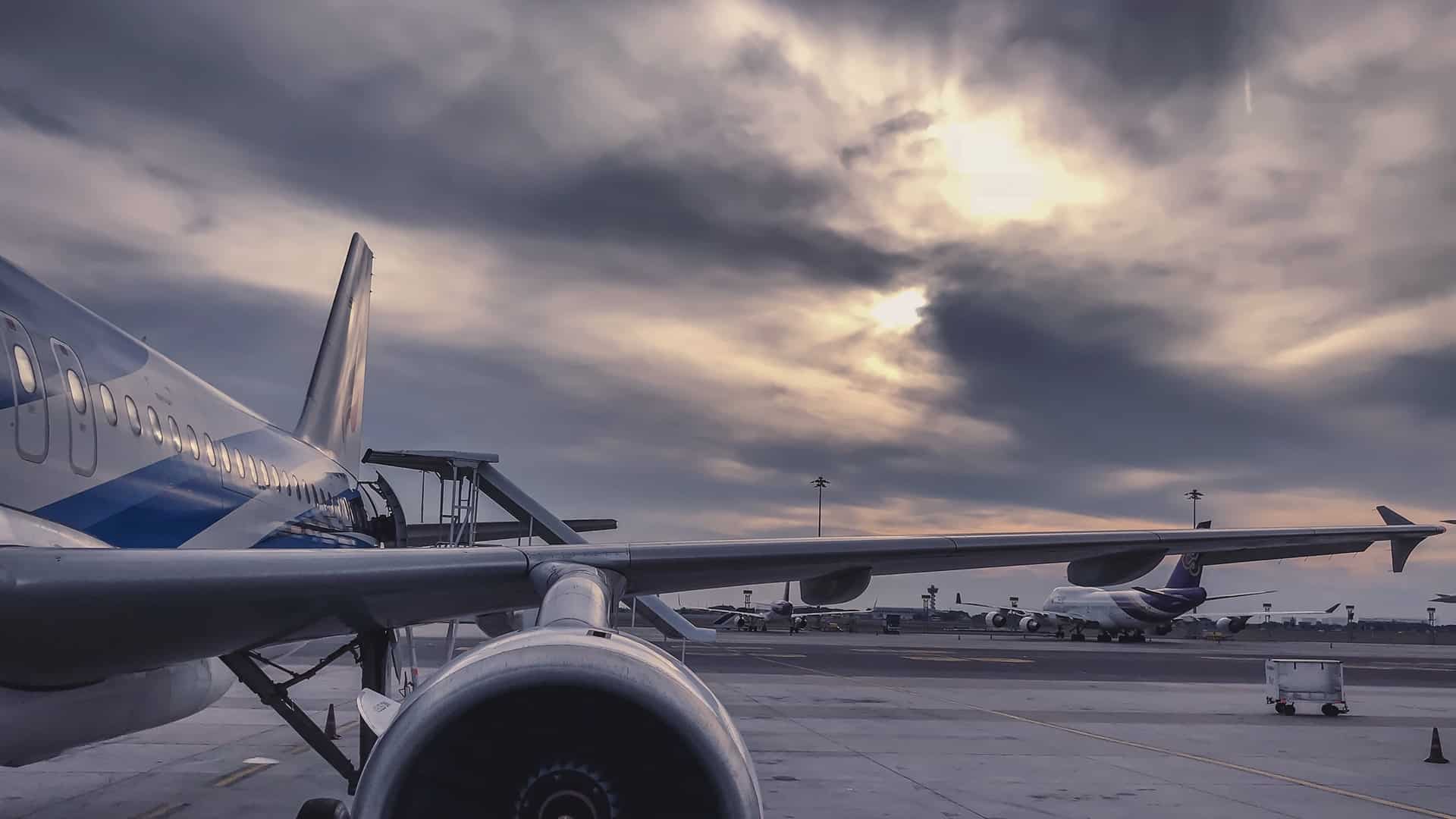Hydrogen planes represent the ultimate solution for the mid and long term, says Airbus CEO Guillaume Faury. He underlined that the aviation industry could face substantial challenges if it is unable to decarbonize in a timely manner.
The World Wildlife Fund says the environmental footprint of aviation is significant. It described it as one of the fastest-growing sources of greenhouse gas emissions driving global climate change. The WWF highlighted air travel as the most carbon-intensive activity an individual can make.
Faury said the Airbus was focusing on a number of areas to decarbonize, including ensuring that their planes burned less fuel and emitted less carbon dioxide. Airbus is has a certified capacity for 50% sustainable aviation fuel in their tanks. “We need to see the Sustainable Aviation Fuel (SAF) industry moving forwards, being developed, being grown to serve airlines and to be able to use that capacity of 50% of SAF,” he said. “We’ll go to 100% by the end of the decade.”
The Airbus CEO described SAF as a very important part of what the company is doing. “The next one is looking at the mid-term and long-term future to bring to the market the hydrogen plane because this is really the ultimate solution.” Faury noted that a lot of engineering, research, and capital commitments would be required. Airbus, in September 2021, had released details of three hybrid-hydrogen concept planes. It believes these planes could enter service by the year 2035.
However, a considerable amount of work needs to be done to commercialize the technology and roll it out on a large scale. Michael O’Leary, the CEO of Ryanair, had said in October 2021 that the industry needs to be honest as there’s no technology out there that’s going to replace carbon, jet aviation. “I don’t see the arrival of hydrogen fuels. I don’t see the arrival of sustainable fuels. I don’t see the arrival of electric propulsion systems, certainly not before 2030.”
Also Read: AGRIM raises $10 million Series A round from Kalaari, Axis Bank
Airbus has described sustainable aviation fuels as being made from renewable raw materials. Meanwhile, the International Air Transport Association says consumers are willing to pay the extra costs associated with the uptake of sustainable aviation fuel. Willie Walsh, the director-general of IATA, said sustainable fuels are about twice what one is paying for the traditional jet kerosene. “It does represent a significant hike in the airline industry’s cost base. And ultimately, consumers will have to pay that, that’s far too much for the industry to bear.”

